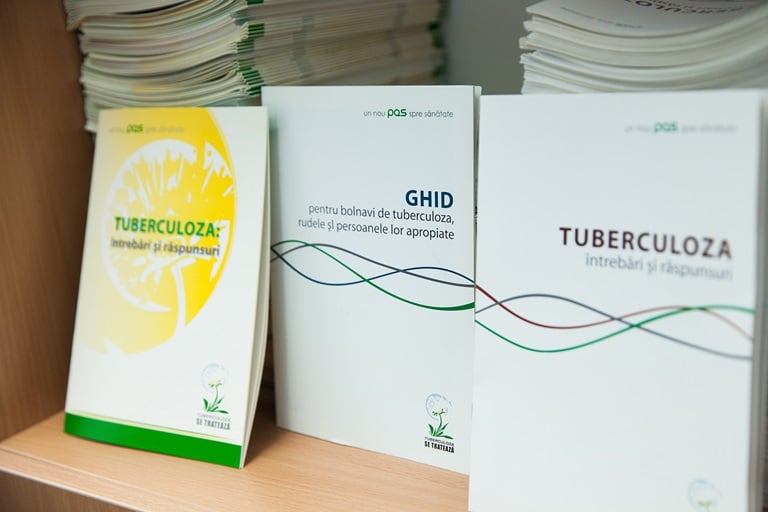Tackling noncommunicable diseases in Bosnia and Herzegovina (2018)
.tmb-479v.png?sfvrsn=37fc6054_1)
Publications
This executive summary sets out results derived from 2024 antimicrobial resistance (AMR) data, sourced from invasive isolates reported to both the Central...
Violence against women and girls remains a pervasive public health emergency in the WHO European Region, affecting nearly one in three women over their...
Amid rapid technological change, the health sector in the WHO European Region is witnessing the growing influence of artificial intelligence (AI). This...
Artificial intelligence (AI) is transforming health systems, reshaping how care is planned, delivered and governed. This report presents the first assessment...
.tmb-479v.png?sfvrsn=37fc6054_1)
WHO Regional publications - other Regions
